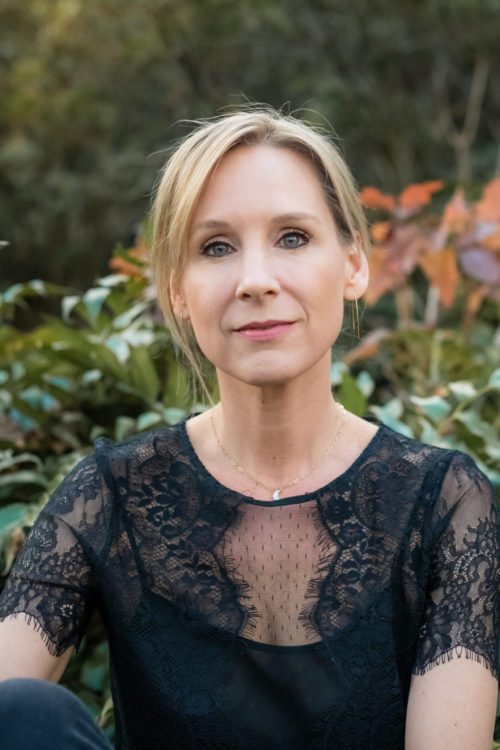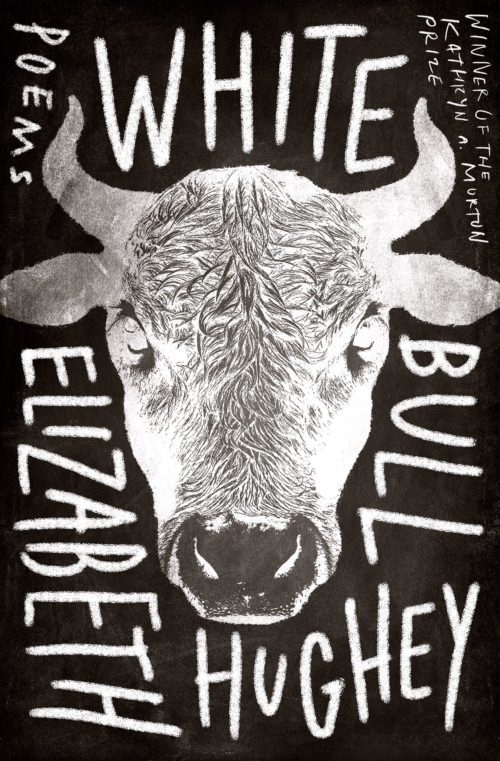It is filthy but imagines itself to be clean, it will be clean, it is made of stone, it has no cracks downwhich crumbs, it is dirty, it is filthy, it is a foul place, but if you say it is a heavenit will be a heaven one day in someone else’s mind in someone else’s apartment in someone else’stelevision over the radio it is awful but say it is right, it is bleeding, it is all blood,it will not come out, it is damned, but imagine it is soft, loved, wanted, birthed, it is terminal,like a terminal bud, which means it is green, it is responsible for new growth, wouldn’t that belovely, even though it is ugly, infected, sickening, quiet, it a painting of something uglyand that makes it pretty enough, it was imagined to be pretty one day, it has grown on you,it has grown on us, it is growing, choking, but we can breathe, there is always room for breath,it will breathe again, it will climb softly over you in the night, while you are dreaming,it will be holy when you think it to be holy, a moral, it will come to you in a story,a library book, it is closed now, cut off, blackened, it is charred, but imagine it to returnunburned, fattened, it is asking to be eaten, it is begging to be thought, it is begging, it is poor,impoverished, desperate, it almost killed itself but it imagined itself to keep living and it lives
Stop Breathing
Feature Date
- May 12, 2022
Series
Selected By
Share This Poem
Print This Poem
“Stop Breathing” from WHITE BULL: by Elizabeth Hughey.
Published by Sarabande on January 22 2022.
Copyright © 2022 by Elizabeth Hughey.
All rights reserved.
Reproduced by Poetry Daily with permission.

Elizabeth Hughey’s most recent collection, White Bull, won the 2020 Kathryn A. Morton Prize in Poetry and was published by Sarabande Books this year. Composed entirely of words taken from the letters and public statements of the notorious segregationist Bull Connor, the poems in White Bull use language that was wielded in violence and oppression to reckon with the present moment. She is also the author of Sunday Houses the Sunday House (University of Iowa Press), and Guest Host (The National Poetry Review Press). She has received fellowships from the National Endowment for the Arts, the Alabama State Council of the Arts, and the Sustainable Arts Foundation. Elizabeth is the co-founder and Programming Director of the Desert Island Supply Co. (DISCO), a literary arts center in Birmingham, Alabama, where she teaches poetry in the public schools.
Composed entirely of words taken from the letters and public statements of the notorious segregationist Bull Connor, the poems in White Bull use language that was wielded in violence and oppression to reckon with the present moment. The city of Birmingham is a character too, with its suffocating heat and humidity, quarry pools, and mountain in the distance. Here, the truth comes out, like a child whispering in the midst of a political rally, “Summer separates us with the same trees.” And, “I thought if I repeated a word enough it would change its meaning.” Elizabeth Hughey holds up and examines the things handed down to us—from patterned wing backs and chipped tea sets to family names and gender roles—and asks if we should keep any of it or burn it all down and start again.
Poetry Daily Depends on You
With your support, we make reading the best contemporary poetry a treasured daily experience. Consider a contribution today.




